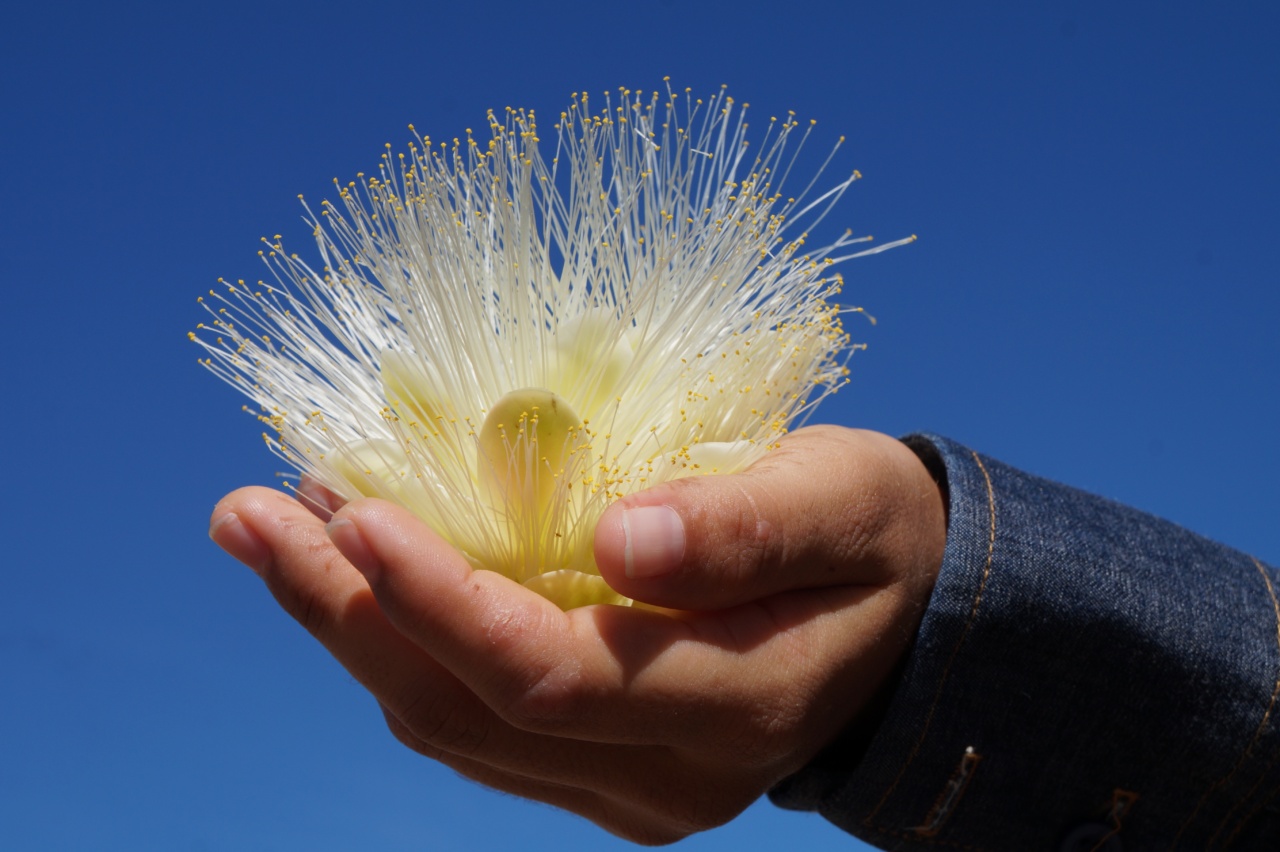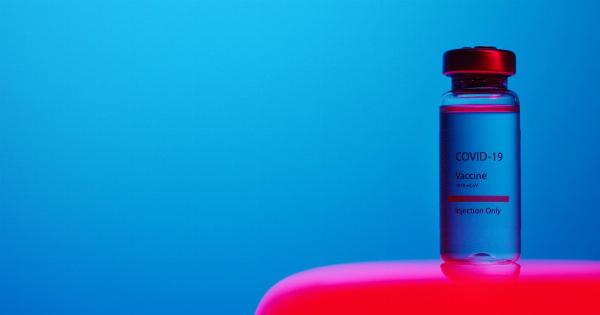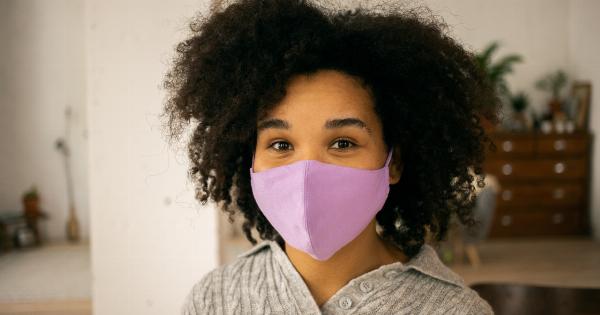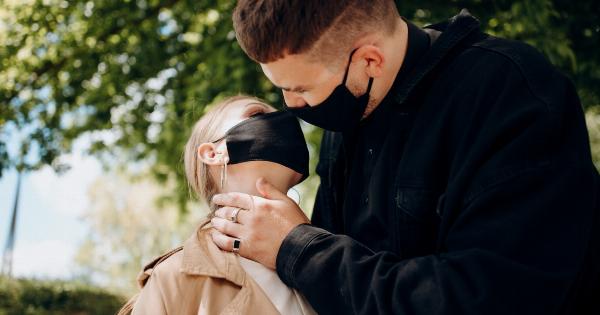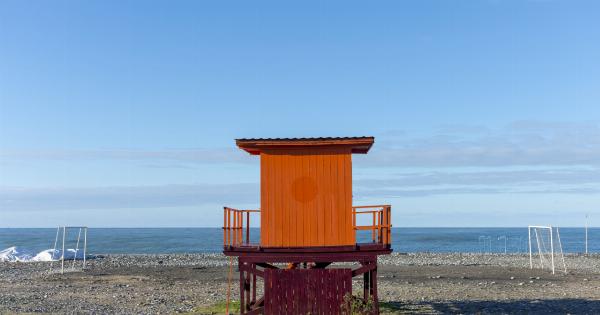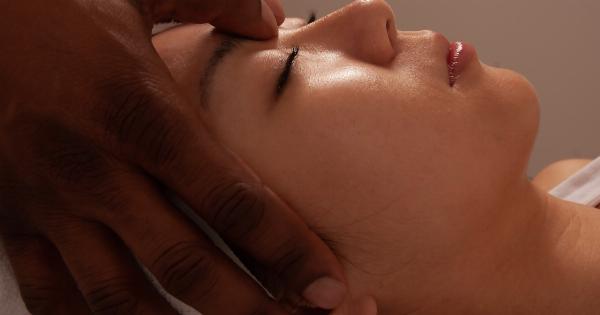Spending time in the sun can be enjoyable and provide numerous health benefits, such as increased vitamin D levels.
However, prolonged exposure to the sun without proper protection can lead to unpleasant consequences, such as sunburns and even sun poisoning. Understanding the signs and symptoms of sun poisoning is crucial in order to seek prompt medical attention and prevent further damage to your skin. In this article, we will discuss how to recognize sun poisoning and the recommended course of action.
What is Sun Poisoning?
Sun poisoning, also known as severe sunburn, is an extreme reaction to the harmful ultraviolet (UV) radiation emitted by the sun.
It is more than just a simple sunburn; it is a condition that affects the deeper layers of the skin and can lead to various symptoms and complications. Sun poisoning typically occurs after prolonged exposure to the sun or an intense and immediate exposure to the sun’s rays.
Symptoms of Sun Poisoning
Recognizing the symptoms of sun poisoning is essential in order to differentiate it from a regular sunburn. Here are some common signs to watch out for:.
1. Intense Sunburn
A primary symptom of sun poisoning is an intense sunburn that is characterized by severe redness, blistering, and peeling of the skin. The affected area may also feel hot or warm to the touch.
2. Blisters
In more severe cases of sun poisoning, blisters may develop on the sunburned skin. These blisters can be painful and may sometimes lead to infection if not properly cared for.
3. Swelling and Inflammation
Sun poisoning can cause significant swelling and inflammation in the affected areas of the skin. This can make movements uncomfortable and limit mobility.
4. Fever and Chills
In some instances, sun poisoning may be accompanied by a fever and chills. This is a sign that your body is trying to fight off the damage caused by excessive sun exposure.
5. Nausea and Vomiting
Feeling nauseous and experiencing vomiting after prolonged sun exposure can be indicative of sun poisoning. These symptoms may also be accompanied by headaches and dizziness.
6. Dehydration
One of the common consequences of sun poisoning is dehydration. Excessive sweating due to sunburn can lead to the loss of fluids in your body, which can result in symptoms such as dry mouth, thirst, and dark urine.
7. Fatigue and Weakness
Severe sunburn can cause feelings of fatigue and weakness in the affected person. This can be due to the body’s effort to repair and heal the damaged skin.
8. Rapid Heartbeat
A rapid or irregular heartbeat may occur as a result of sun poisoning. This can be a sign of significant inflammation and stress on the body.
9. Headache
If you develop a severe headache after prolonged sun exposure, it could indicate sun poisoning. Headaches may also be accompanied by dizziness and confusion.
10. Fainting or Loss of Consciousness
In extreme cases of sun poisoning, an individual may experience fainting or loss of consciousness. This is a severe symptom that requires immediate medical attention.
What to Do If You Suspect Sun Poisoning?
If you suspect that you or someone else is experiencing sun poisoning, it is important to take immediate action. Here are the recommended steps to follow:.
1. Seek Shade: Move to a shady area or indoors to minimize further sun exposure and prevent additional damage to the skin.
2. Cool the Skin: Apply cool compresses or take a cold shower to reduce the temperature of the skin and alleviate the discomfort caused by the sunburn.
3. Hydrate: Drink plenty of fluids to counteract the dehydration caused by prolonged sun exposure. Water, sports drinks, and coconut water are all good options.
4. Use Aloe Vera: Apply aloe vera gel to the sunburned area to soothe the skin and promote healing. Aloe vera has natural anti-inflammatory properties that can provide much-needed relief.
5. Take Over-the-Counter Pain Relievers: Nonsteroidal anti-inflammatory drugs (NSAIDs), such as ibuprofen, can help reduce pain and inflammation caused by sunburn.
6. Avoid Popping Blisters: If blisters develop, it is important not to pop them as it can increase the risk of infection and slow down the healing process. Instead, keep the blisters clean and covered to protect them.
7. Consult a Healthcare Professional: If the symptoms of sun poisoning are severe or do not improve within a few days, it is advisable to seek medical attention.
A healthcare professional can provide appropriate treatment and monitor any potential complications.
Preventing Sun Poisoning
Prevention is always better than cure when it comes to sun poisoning. Here are some essential tips to prevent sunburns and minimize the risk of sun poisoning:.
1. Apply Sunscreen:
Use a broad-spectrum sunscreen with a high SPF (sun protection factor) of 30 or higher. Apply it generously to all exposed areas of the skin, even on overcast days.
2. Seek Shade:
Limit your time in direct sunlight, especially during peak hours when the sun’s rays are the strongest (usually between 10 am and 4 pm).
3. Wear Protective Clothing:
Cover up with lightweight, loose-fitting clothing that provides better protection against UV rays. Don’t forget to wear a wide-brimmed hat and UV-blocking sunglasses.
4. Stay Hydrated:
Drink plenty of water and avoid excessive alcohol consumption, as alcohol can contribute to dehydration and increase the risk of sunburn.
5. Take Breaks in the Shade:
If you’re spending a prolonged period outdoors, take regular breaks in shaded areas to give your skin a rest and minimize the risk of sunburn.
6. Be Cautious with Medications:
Some medications can increase your skin’s sensitivity to the sun, making you more prone to sunburn and sun poisoning. Consult your healthcare provider if you are unsure about any medications you are taking.
7. Check UV Index:
Stay informed about the UV index in your area. A higher UV index indicates a greater risk of sunburn and sun poisoning.
Conclusion
Recognizing the symptoms of sun poisoning is crucial for prompt intervention and appropriate treatment. By knowing the signs and taking preventive measures, you can protect yourself against the dangers of excessive sun exposure.
Remember to always prioritize your skin’s health and seek medical attention when necessary to ensure a safe and enjoyable time under the sun.
